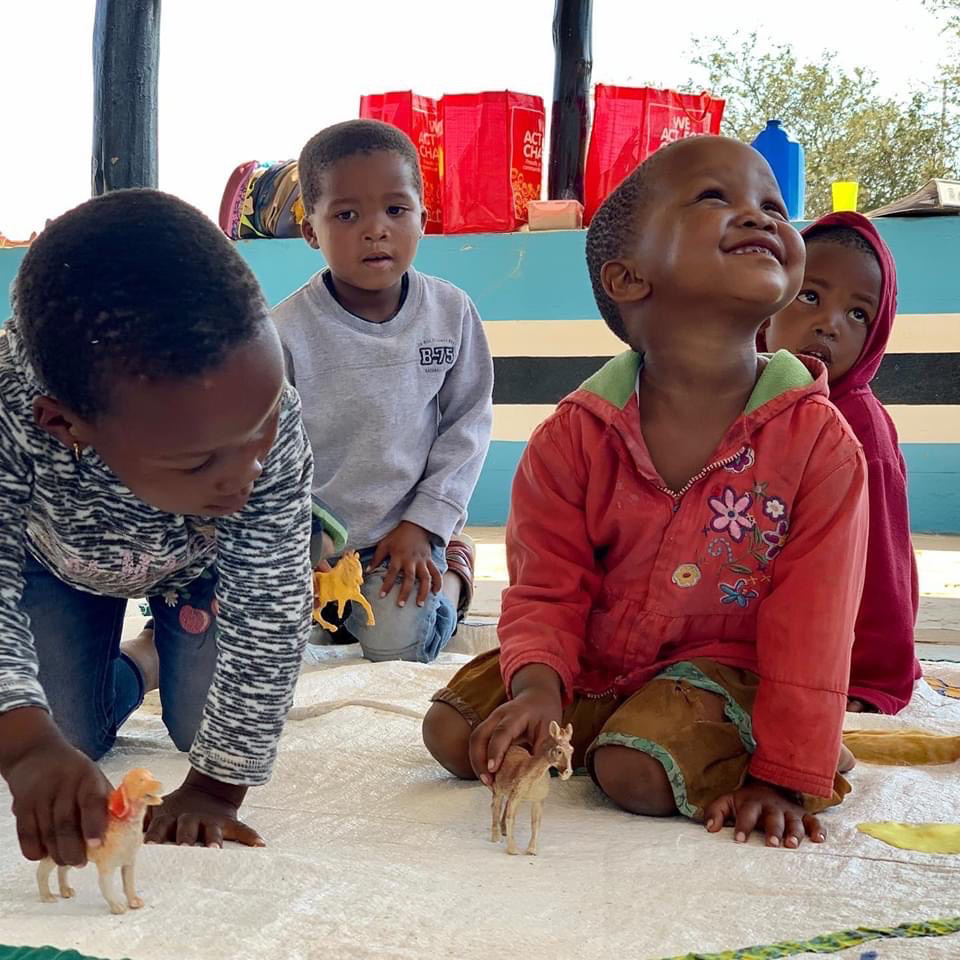
Ask a child what their favorite thing to do is and I can bet that most of them will say playing. It is in the nature of children to eat, sleep, and play. Good nutrition and plenty of exercise are the building blocks for strong growth, healthy development and life long well-being.
Different studies consistently show that both nutrition and physical activity, or play, is critical to the healthy physical, cognitive, social, and emotional development of a child. Playing helps children learn, grow, and become better people. It also lowers their stress levels, improves behavior, and encourages them to be active. I could go on and on about the advantages of play, but I think you get the idea.
Our role as children’s caregivers is to provide them with the necessary skills to navigate life. We try to keep them healthy. How do we go about doing that? What exactly is health? According to the World Health Organization, health is a condition of complete physical, mental, and social well-being, not only the absence of disease. As a result, we must get our children to that optimal state. Play is one of the most important ways of getting there. When a child is unwell, most of us are aware of what must be done. We normally take children to the doctor to help them get better or to treat whatever ailment they may be suffering from. They’ll usually prescribe something in the form of medication, and the child will be back to normal in no time. Are we able to recognize when a child is not getting enough play? Do we interpret this as the child being ill and needing treatment? When a child does not get their regular prescription of play, this is known as play deprivation. This can lead to poor early childhood development, depression, isolation, reduced self-control, and poor resilience, to name a few. These issues, unlike a cold, do not have immediate symptoms; the effects take time to manifest, which is why it is critical to keep that play prescription on hand at all times. So, let us encourage our children to play early in life so that they can develop a habit of physical activity that will aid them in preventing some of the ailments caused by lifestyle diseases as adults. Let us learn to recognize some of the subtle signs when there is not enough play and act on it early to prevent problems later on.
Play is simply a small part of the equation. To play, one requires energy. Where does this energy come from? Well, it will have to come from the food we eat. Because there can be no play without energy good nutrition is an important aspect of early childhood development. So, what does it mean to eat well? It is a food that contains all of the essential nutrients. And what is essential? We do, after all, have developing brains that need to be nourished. Bodies that must grow strong and live a long life, as well as spirits that must develop good habits.
To give you an idea of how important certain some of these nutrients are:
Calcium is important for bone health.
Muscle growth requires protein.
Carbohydrates provide energy, while iron helps to create healthy blood.
Essential fats aid in the absorption of other vitamins by the body.
In other words, children need a balanced diet so they can have the necessary energy to play. Food is life.


